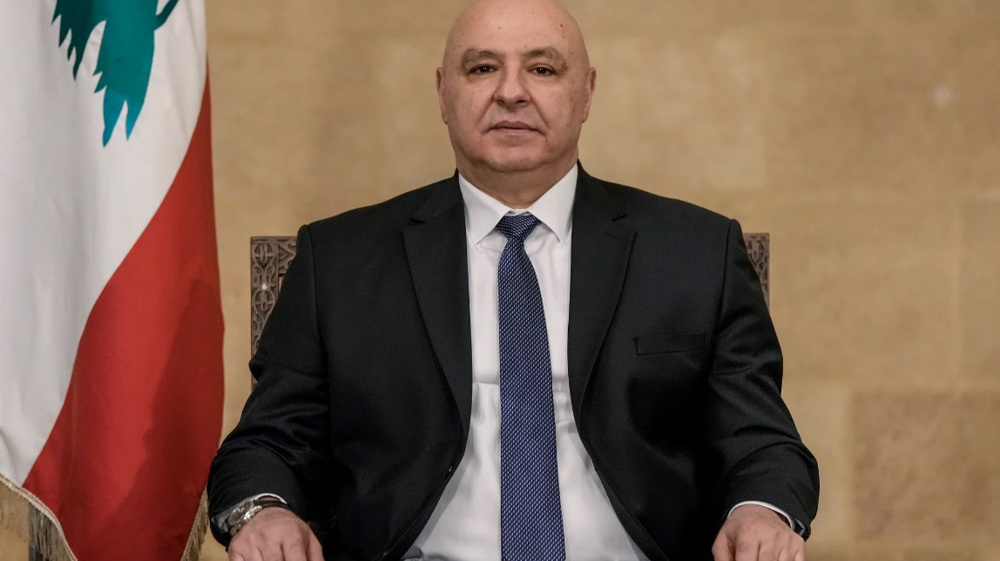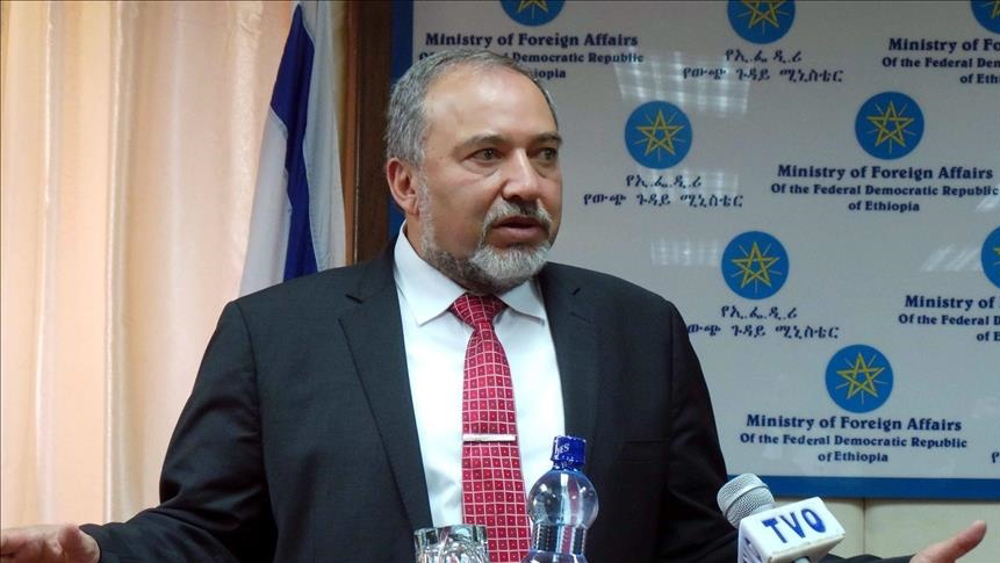Israel’s ties dramatically warming with Arab states: Netanyahu
The Israeli prime minister says his regime’s relations with regional Arab countries are “dramatically warming,” in yet another acknowledgement of behind-the-scenes ties between Israel and certain Arab countries, which publicly pose as Tel Aviv’s traditional adversaries.
Israeli Prime Minister Benjamin Netanyahu pointed to the warming of ties with Arab countries in a meeting of his right-wing Likud party on Monday, claiming that threats posed by the Daesh terror group as well as Iran are changing the Middle East’s political landscape.
“Different countries understand that Israel is not the enemy of the Arab world,” he claimed, alleging that the Tel Aviv regime is rather the partner of the Arab countries in what he described as the common struggle against militant elements in the region.
The claim of partnership against militants comes even as both Israel and certain Arab countries—particularly Saudi Arabia—are widely believed to be supporting many of the militant groups fighting in Syria.
Daesh, one such militant group, has taken over parts of Syria as well as Iraq. Daesh’s radical ideology, Wahhabism, is officially preached by government-sanctioned clerics in Saudi Arabia.
Netanyahu has on several occasions talked of the development of ties between Israel and Arab countries in the recent past. So have other Israeli officials. Moshe Ya’alon, Israel’s minister of military affairs, in February pointed to open channels between the regime and Arab states.
Ya’alon said back then that he is unable to shake hands with Arab officials in public due to the “sensitive” political realities. The Israeli minister later publicly shook the hand of Saudi Prince Turki bin Faisal al-Saud, who himself has openly met with a number of Israeli officials in the past.
Israel has covert ties with Arab states despite their claims that they would normalize relations with the Tel Aviv regime only when it reaches a deal with the Palestinians. This is while the two sides “can meet in closed rooms,” according to Ya’alon.
“But we do have channels to speak with our Sunni Arab neighboring countries. Not just Jordan and Egypt—[Persian] Gulf states, North African states,” he said.
Back in January, Netanyahu said during an interview with CNN that Saudi Arabia now sees Tel Aviv “as an ally rather as an enemy” as he claimed there is “a great shift taking place” in the Arab policy toward the Palestinian issue.
Both Riyadh and Tel Aviv are fiercely opposed to a recent nuclear accord between Iran and the West.
The Wall Street Journal also reported in January that Israel was actively seeking to strengthen ties with Arab powers in the wake of the nuclear deal with Iran.
Last November, Israel said it would “soon” open a “permanent mission” in the United Arab Emirates, which is to operate as part of the International Renewable Energy Agency (IRENA) based in the Arab country. This is while Abu Dhabi apparently does not recognize Israel or have diplomatic relations with it.
US-Russia nuclear limits end as New START treaty expires
Merz’s ‘political naivety’ has cost Germany its role in Iran talks: Araghchi
Israel cancels Rafah evacuation for Gaza patients amid renewed massacres
Iran’s deterrence power strengthened after ballistic missile upgrades: Top general
Hind Rajab Foundation files war crimes complaint in US against Israeli-American trooper
VIDEO | Press TV's news headlines
VIDEO | Coordination Framework gives Kurdish parties 48-hour deadline to choose presidential nominee
VIDEO | Palestine Action activists walk free after huge court win












 This makes it easy to access the Press TV website
This makes it easy to access the Press TV website